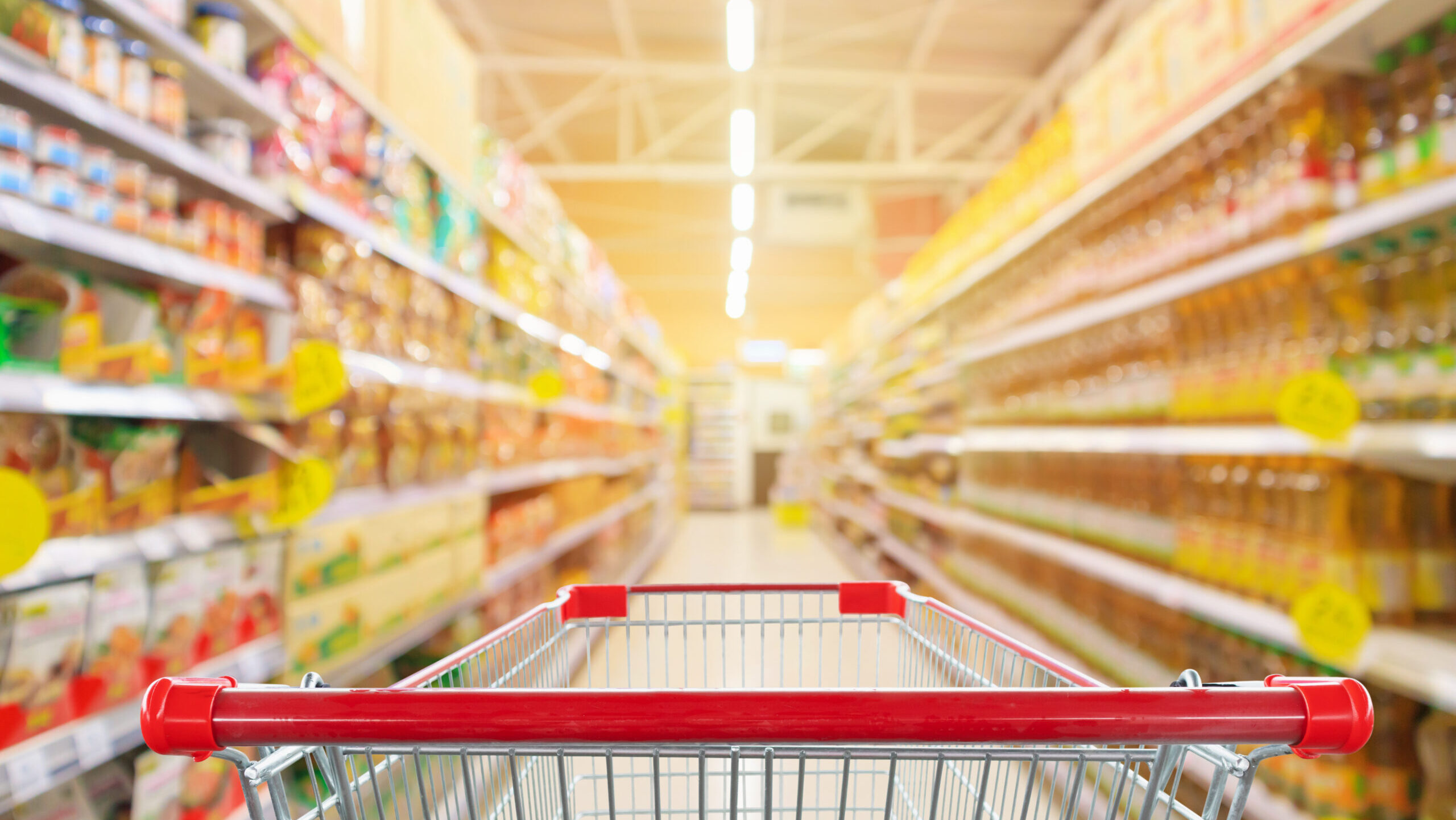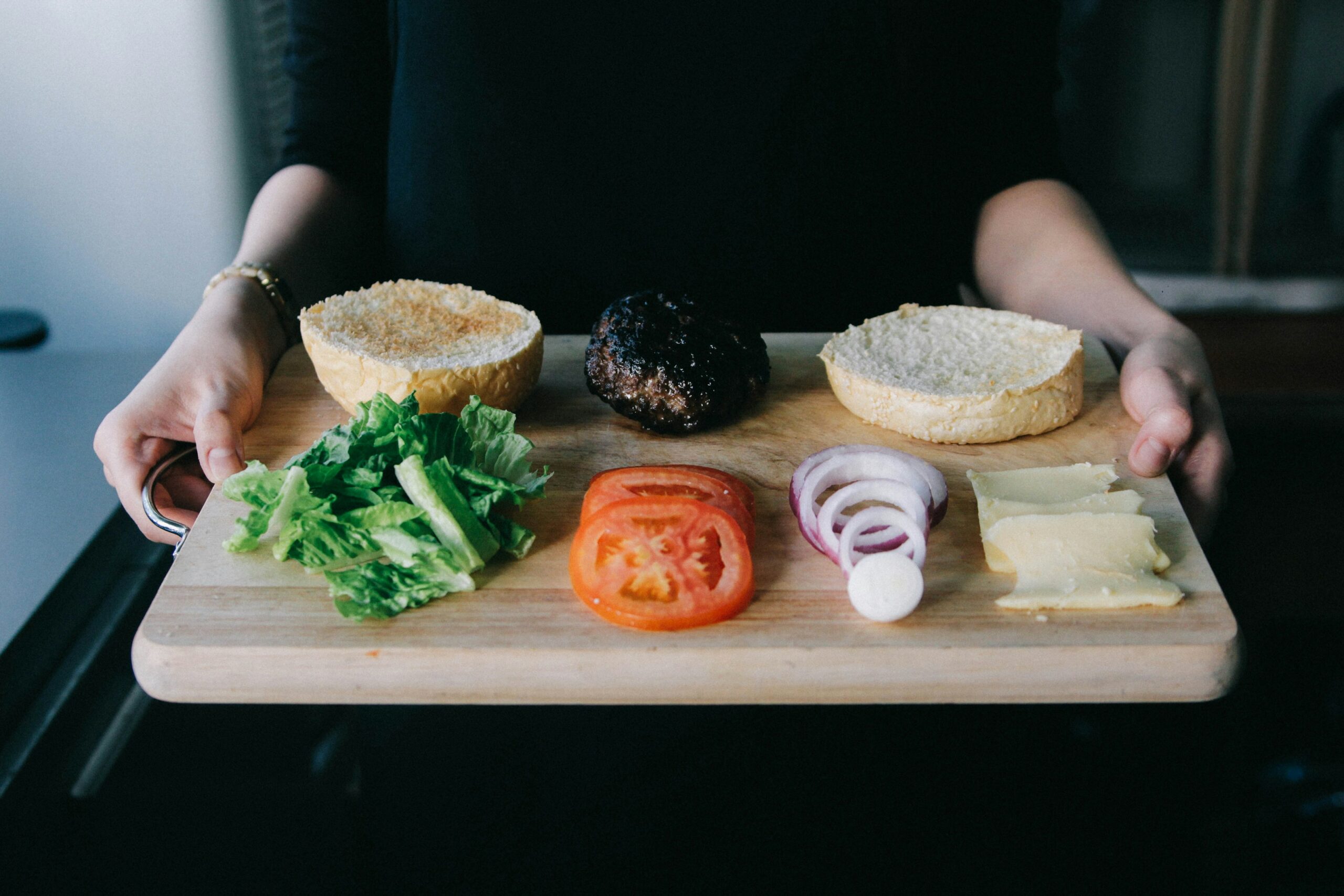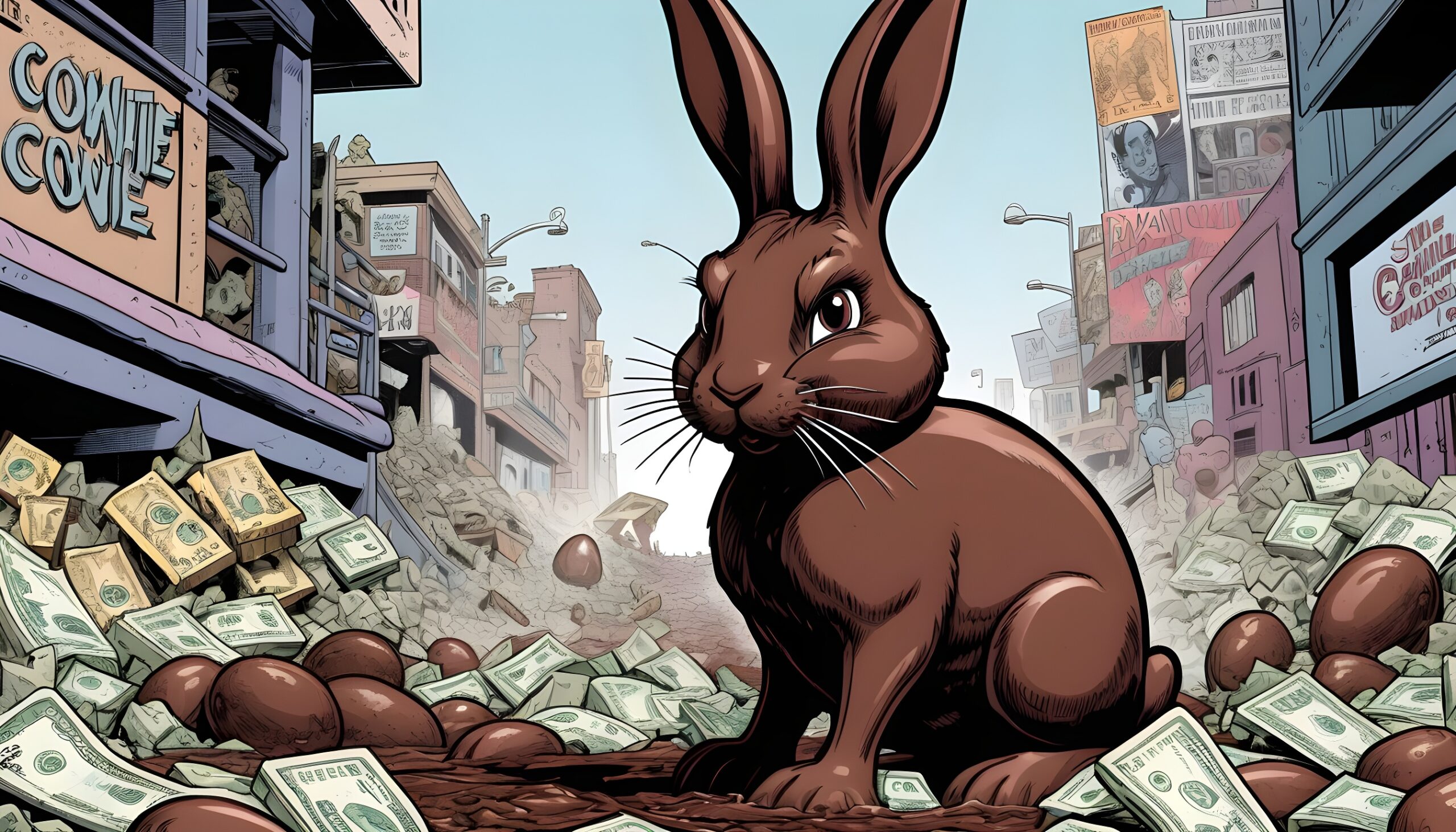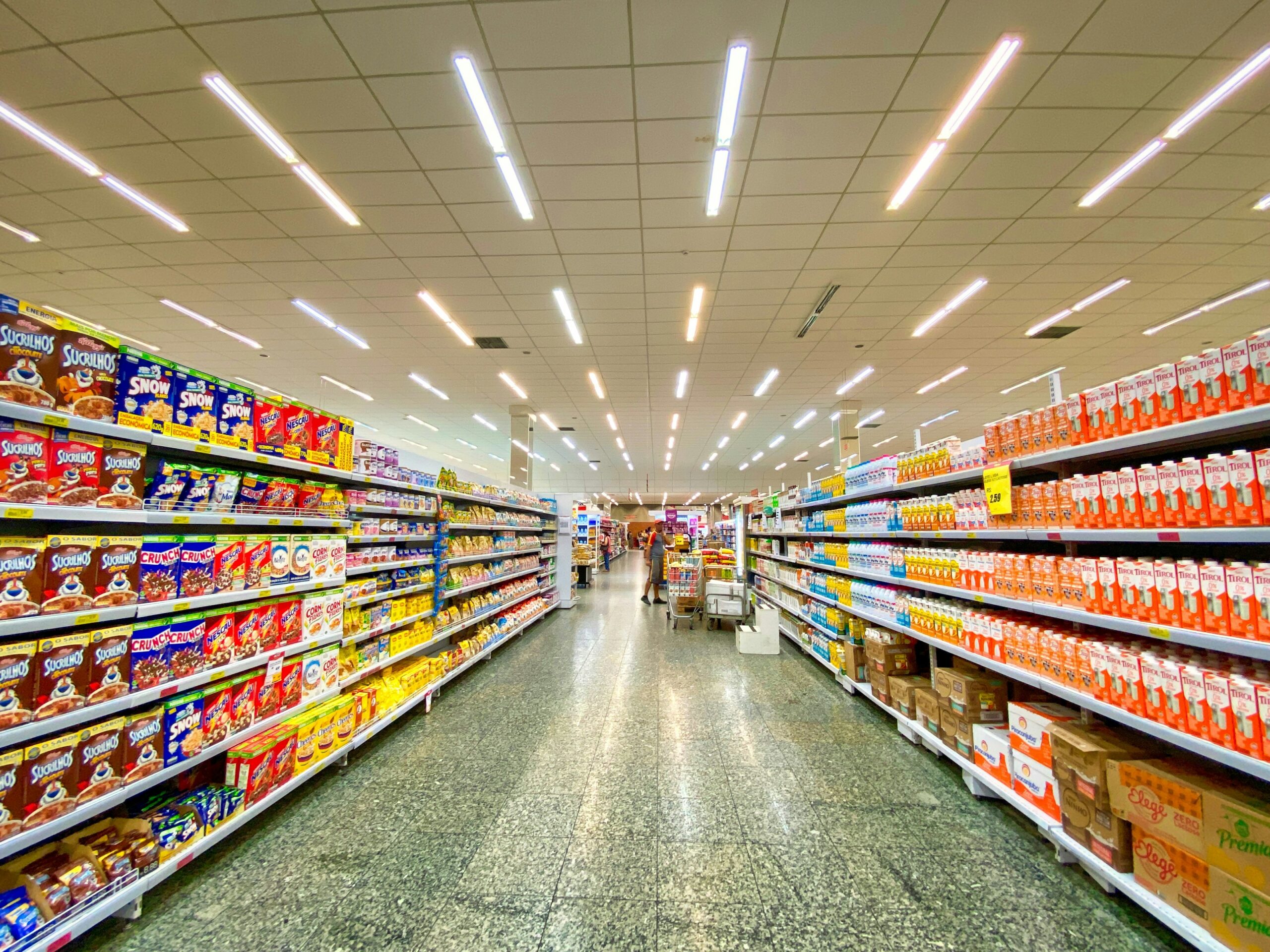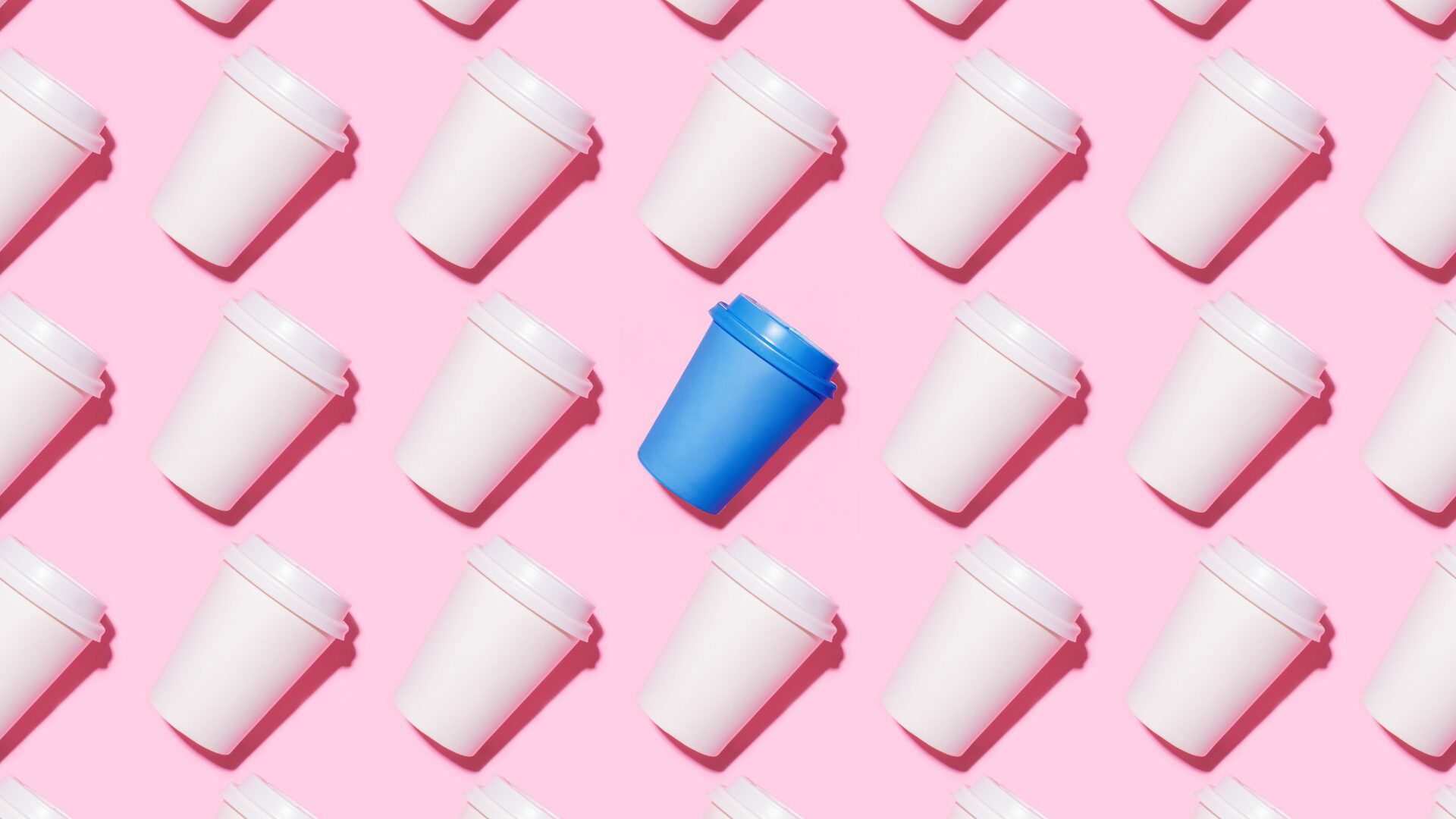With grocery refrigeration space tight and unlikely to expand much, manufacturers are looking at producing shelf-stable products to cut waste and improve profits, experts told The Food Institute.
“Shelf-life increase goes hand in hand with a smoother supply chain and storage, hence increase in cash flow and profitability,” said Lourdes Diaz McAgy, CEO at Total Nutrition Technology. McAgy noted dry storage and transportation costs are lower than for refrigerated items, enhancing margins.
“Shelf-stable foods maintain their quality more consistently than refrigerated or frozen foods, as they can withstand changes in temperature,” noted Bryan Quoc Le, a food scientist.
“Foods that require refrigeration or freezing and have been left out of the refrigerator or freezer may experience significant damage to the texture or flavor.”
Modern Retail reported companies are looking toward shelf-stable product lines to help achieve sustainability.
“It’s all about de-risking everything, for yourself, the consumers and investors,” Haven’s Kitchen founder Ali Cayne told the outlet.
Plant-based brand Malk, founded in 2015, told Modern Retail making self-stable products gave it an opportunity to supply a nonperishable product made from premium clean, organic ingredients, without gums or plastic bottles. Instead, its packaging is asceptic.
Madhav Durbha, group vice president of CPG & Manufacturing at RELEX, told FI there’s the possibility that taste and texture could be compromised by production techniques utilizing ultra-high temperatures.
“However, a shelf-stable version may be more sustainable than the refrigerated or frozen counterpart, as maintaining cold chain integrity consumes more energy and accordingly contributes more to emissions. In such cases, shelf-stable becomes more attractive, as it is environmentally friendly,” Durbha said, adding that in addition to sterile packaging, companies could implement pressurized packaging to maintain freshness without preservatives.
For Haven’s Kitchen, producing a shelf-stable version of its aioli means breaking out of the refrigerated cases and into the condiment aisle. It is also now offering products on Amazon.
Dionne Baker, who started DeeBee’s Organics in 2013, began by selling frozen organic freeze pops, but later converted her product to juice packets that could be popped into the freezer at home. The result, she told Modern Retail, was the ability to expand from Canada into the U.S. market.
The Food Institute Podcast
Corn stocks, poultry flocks, and highly-pathogenic avian influenza – what does the U.S. agricultural system look like amid inflation and other headwinds? Wells Fargo Chief Agricultural Economist Dr. Michael Swanson discussed specialty crops, grain plantings, and what to expect in the growing year to come.


